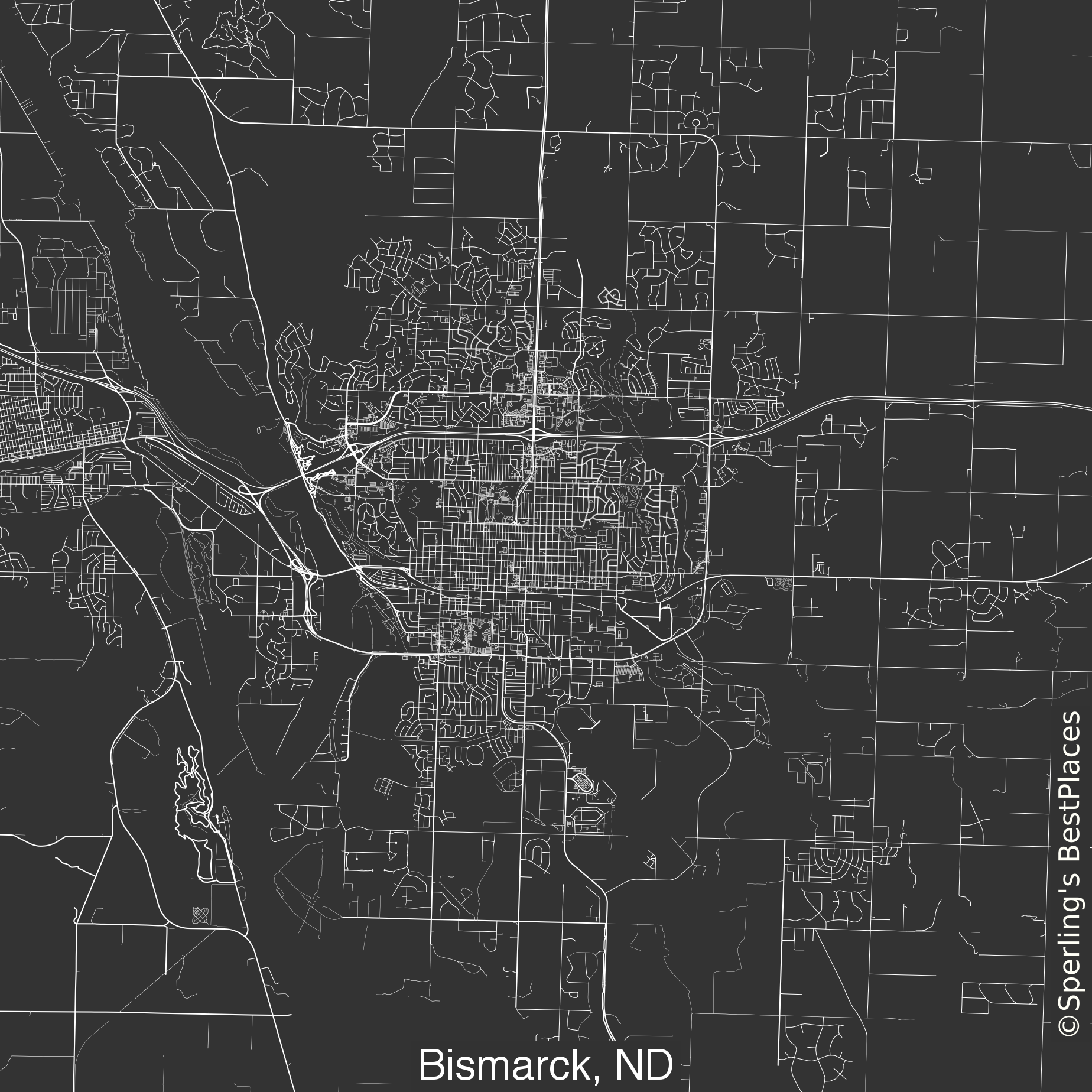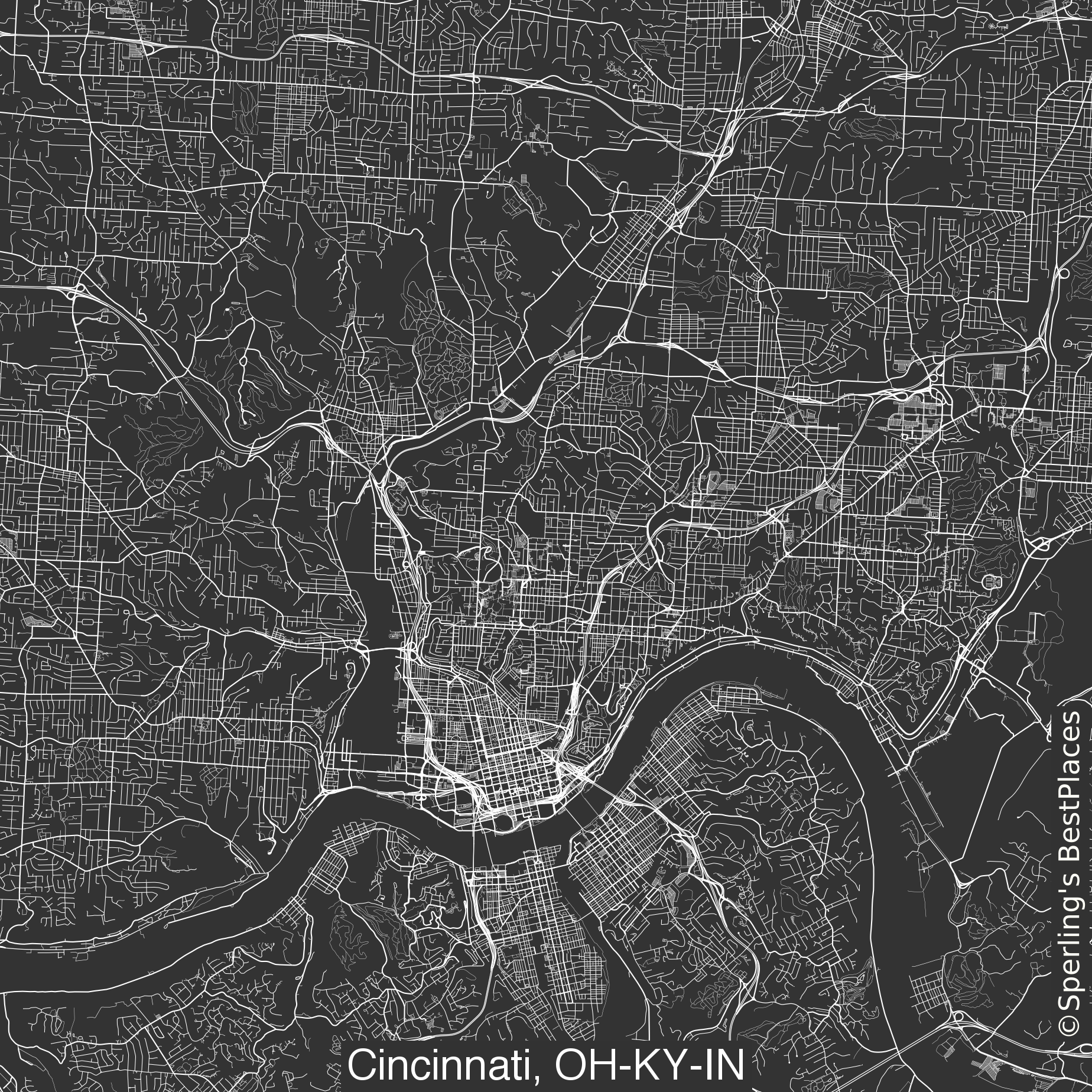Hey there tech enthusiasts and forward-thinking professionals! If you're diving into the world of IoT and seeking the best remoteIoT solution, you've come to the right place. The demand for remote IoT systems has skyrocketed in recent years, and for good reason. Companies are realizing the massive potential of connecting devices remotely to boost efficiency, reduce costs, and unlock new opportunities. Whether you're a business owner, IT specialist, or just someone curious about the tech landscape, understanding the best remoteIoT solution can transform the way you operate. So, buckle up, because we’re about to deep-dive into the game-changing world of remote IoT!
Now, let’s face it—IoT isn’t just a buzzword anymore. It’s a reality that’s reshaping industries from agriculture to healthcare, manufacturing to smart homes. The best remoteIoT solution isn’t just about connecting devices; it’s about creating an ecosystem where data flows seamlessly, enabling smarter decision-making. But with so many options out there, how do you know which one is right for you? Stick around, and we’ll break it down step by step.
In this guide, we’ll explore the top remoteIoT solutions, their features, benefits, and real-world applications. We’ll also touch on the challenges you might face and how to overcome them. By the end of this, you’ll be equipped with the knowledge to make an informed decision. So, let’s get started, shall we?
- Jake Paul Fight Script Your Ultimate Guide To The Hype And Drama
- How To Convert Fahrenheit To Celsius A Simple Guide
Table of Contents:
- Introduction to RemoteIoT Solutions
- Criteria for Choosing the Best RemoteIoT Solution
- Top RemoteIoT Solutions in the Market
- Benefits of Implementing RemoteIoT Solutions
- Common Challenges and How to Tackle Them
- Ensuring Security in RemoteIoT Systems
- The Future of RemoteIoT Technology
- Comparison of Leading RemoteIoT Platforms
- RemoteIoT in Various Industries
- Conclusion: Making the Right Choice
Introduction to RemoteIoT Solutions
Let’s start with the basics. What exactly is a remoteIoT solution? Simply put, it’s a system that allows devices to communicate and share data over long distances without the need for physical intervention. This could mean monitoring sensors in a remote farm, controlling smart lighting in a sprawling office building, or even managing medical devices in a hospital. The possibilities are endless.
But why is it so important? Well, the world is getting more connected every day. Businesses are looking for ways to optimize their operations, reduce downtime, and improve customer experiences. RemoteIoT solutions provide the backbone for achieving these goals. By enabling real-time data collection and analysis, they empower organizations to make smarter, faster decisions.
- Todd Rundgren And Liv Tyler The Unlikely Connection You Never Knew About
- Jayzs Son Sir The Untold Story Of A Hiphop Legacy In The Making
Why RemoteIoT Matters Now More Than Ever
The global pandemic has accelerated the adoption of remote technologies. With more people working from home and businesses relying on digital tools, the demand for reliable remoteIoT solutions has surged. Companies are realizing that having a robust IoT infrastructure isn’t just a luxury—it’s a necessity.
Moreover, the rise of 5G networks has opened up new possibilities for remoteIoT applications. Faster data transfer speeds and lower latency mean that devices can communicate more efficiently, enabling more complex and sophisticated systems. This has paved the way for innovations like autonomous vehicles, smart cities, and advanced robotics.
Criteria for Choosing the Best RemoteIoT Solution
With so many remoteIoT solutions on the market, choosing the right one can be overwhelming. But don’t worry—we’ve got your back. Here are some key criteria to consider when evaluating options:
- Scalability: Can the solution grow with your business? You don’t want to invest in something that will become obsolete as your needs expand.
- Compatibility: Does it integrate seamlessly with your existing systems? Compatibility is crucial for ensuring smooth operations.
- Security: How secure is the platform? With sensitive data being transmitted, security should be a top priority.
- Cost: Is it affordable? While cost shouldn’t be the only factor, it’s important to find a solution that fits within your budget.
- Support: What kind of customer support does the provider offer? Reliable support can make all the difference when troubleshooting issues.
Questions to Ask Before Making a Decision
Before committing to a remoteIoT solution, ask yourself these questions:
- What are my specific needs?
- How much data will I be handling?
- What level of customization do I require?
- How important is real-time data processing for my business?
- What are the long-term implications of my choice?
Top RemoteIoT Solutions in the Market
Now that you know what to look for, let’s take a look at some of the top remoteIoT solutions currently available:
1. AWS IoT Core
AWS IoT Core is one of the most popular remoteIoT platforms out there. It allows billions of devices to connect and interact with cloud applications and other devices. With its robust security features and seamless integration with other AWS services, it’s a favorite among enterprises.
2. Microsoft Azure IoT
Microsoft Azure IoT offers a comprehensive suite of tools for building, managing, and monitoring IoT solutions. Its user-friendly interface and extensive documentation make it a great choice for businesses of all sizes.
3. Google Cloud IoT Core
Google Cloud IoT Core is another strong contender in the remoteIoT space. It provides secure and scalable connectivity for IoT devices, along with powerful analytics capabilities. If you’re already using Google Cloud, this might be the perfect fit for you.
4. IBM Watson IoT
IBM Watson IoT is known for its advanced cognitive computing capabilities. It can analyze vast amounts of data in real-time, providing actionable insights that drive business growth. While it might be more complex than some other options, its capabilities are unmatched.
5. Particle IoT
Particle IoT is a great option for startups and small businesses. It offers affordable pricing, easy-to-use hardware, and a strong community of developers. If you’re just starting out with IoT, this could be the perfect platform for you.
Benefits of Implementing RemoteIoT Solutions
Implementing the best remoteIoT solution can bring numerous benefits to your business. Here are just a few:
- Increased Efficiency: Automating tasks and processes can significantly improve productivity.
- Cost Savings: By reducing downtime and optimizing resource usage, you can save money in the long run.
- Improved Decision-Making: Access to real-time data allows you to make informed decisions faster.
- Enhanced Customer Experience: IoT-enabled products and services can provide a more personalized and engaging experience for customers.
- Competitive Advantage: Being at the forefront of technology can set you apart from your competitors.
Common Challenges and How to Tackle Them
While remoteIoT solutions offer immense potential, they also come with their fair share of challenges. Here are some common issues and how to address them:
1. Security Concerns
With sensitive data being transmitted across networks, security is a major concern. To mitigate this risk, ensure that your solution uses encryption, authentication, and other security protocols. Regularly update your systems and conduct security audits to identify and address vulnerabilities.
2. Integration Issues
Integrating IoT systems with existing infrastructure can be tricky. Work with experienced professionals who can help you navigate the complexities of integration. Choose platforms that offer robust APIs and SDKs to simplify the process.
3. Scalability Limitations
As your business grows, your IoT needs may change. Choose a solution that can scale with you, whether it’s adding more devices, increasing data storage, or expanding functionality. Cloud-based platforms are often the best choice for scalability.
Ensuring Security in RemoteIoT Systems
Security is one of the most critical aspects of any remoteIoT solution. Here are some best practices to ensure your system is secure:
- Use Encryption: Encrypt all data transmitted between devices and the cloud.
- Implement Authentication: Require devices to authenticate before accessing the network.
- Regularly Update Firmware: Keep your devices and software up to date to protect against vulnerabilities.
- Monitor for Anomalies: Use AI and machine learning to detect unusual activity and respond quickly.
- Limit Access: Restrict access to sensitive areas of your network to authorized personnel only.
The Future of RemoteIoT Technology
The future of remoteIoT technology looks incredibly promising. As more devices become connected, we can expect to see even more innovative applications. From smart cities that optimize traffic flow to wearable devices that monitor health in real-time, the possibilities are endless.
Advancements in AI and machine learning will also play a significant role in shaping the future of remoteIoT. These technologies will enable more sophisticated data analysis, predictive maintenance, and autonomous decision-making. As a result, businesses will be able to operate more efficiently and provide better services to their customers.
Comparison of Leading RemoteIoT Platforms
To help you make an informed decision, here’s a comparison of some leading remoteIoT platforms:
| Platform | Scalability | Security | Cost | Support |
|---|---|---|---|---|
| AWS IoT Core | High | Excellent | Premium | Excellent |
| Microsoft Azure IoT | High | Very Good | Moderate | Good |
| Google Cloud IoT Core | High | Excellent | Premium | Very Good |
| IBM Watson IoT | High | Excellent | Premium | Excellent |
| Particle IoT | Medium | Good | Affordable | Good |
RemoteIoT in Various Industries
RemoteIoT solutions are being adopted across a wide range of industries. Here are a few examples:
1. Agriculture
Smart farming is revolutionizing the way we grow food. RemoteIoT solutions allow farmers to monitor soil moisture, weather conditions, and crop health in real-time, leading to increased yields and reduced waste.
2. Healthcare
In the healthcare sector, remoteIoT is enabling remote patient monitoring, telemedicine, and smart medical devices. This not only improves patient outcomes but also reduces healthcare costs.
3. Manufacturing
Manufacturers are using remoteIoT to optimize production processes, reduce downtime, and improve quality control. Predictive maintenance is becoming a key component of modern manufacturing.
4. Smart Cities
Smart cities are leveraging remoteIoT to enhance public services, improve traffic management, and reduce energy consumption. From smart lighting to waste management, the possibilities are vast.
Conclusion: Making the Right Choice
And there you have it—a comprehensive guide to the best remoteIoT solution. By now, you should have a clear understanding of what to look for, the top options available, and the benefits of implementing a remoteIoT system. Remember, the key is to choose a solution that aligns with your specific needs and goals.
So, what’s next? Take action! Whether it’s reaching out
- Does The Post Office Do Notary Heres The Scoop You Need
- Tony Hinchliffe Wife The Love Story Behind The Football Legend


